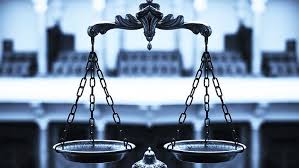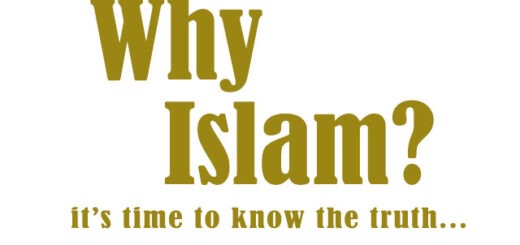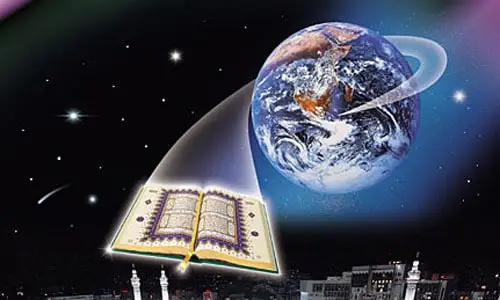How Islam Offers the Key to Social Balance Between the Individual and Society

The Lost Justice: How Islam Offers the Key to Social Balance Between the Individual and Society
1. The Starting Point: The Eternal Conflict Between “I” and “We”
If you look at any human society today, you will find a constant struggle. On one hand, there are calls for absolute individual freedom, where the interest of the “I” is the ultimate priority. On the other, there are systems that advocate for the collective good, often crushing the ambitions and rights of individuals in the process. This oscillation between excessive individualism and harsh collectivism is the source of the greatest social anxiety; human nature rejects chaos just as it rejects oppression. So, is there a system that can satisfy the individual’s need for dignity without threatening the fabric of society? Islam offers a radical solution rooted in the principle of “Moderation” (Wasatiyyah) and “Comprehensive Justice”.
2. The Core Concept: Justice Begins with Individual Dignity
Before Islam organized society, it first established the dignity of the human being as an individual. Justice, from the Islamic perspective, is not merely the distribution of resources; it is the acknowledgment of the value of every human soul, which answers the question: How do I live with dignity?
Equality Before the Creator: Islam categorically rejects all racial or class distinctions. The only accepted criterion for merit is Piety (Taqwa), a value that is unseen and can only be measured by righteous deeds. This stripping away of external appearances ensures that everyone begins from an equal point of intrinsic worth, regardless of their color or wealth.
The Right to Property, The Duty to the Needy: Islam did not eliminate the human incentive for work and ownership; it recognized private property as an innate driver for innovation. However, it established a rule preventing this ownership from becoming a tool of oppression, through the legislation of Zakat. Zakat is not an optional tax; it is the recognized right of the poor and deprived within the wealth of the affluent. This ensures that wealth is always circulating and being distributed, rather than being hoarded by a few hands.
3. The Practical Methodology: Achieving Balance Through Legislation
The practical application of the principle of justice is evident in how Islam regulates complex relationships between people, which answers the question: How do I deal with others fairly?
Prohibiting Injustice in All Forms: Islamic law focuses on protecting five essential necessities for human life: Faith, Life, Intellect, Progeny, and Wealth. The prohibition of theft and usury, and the establishment of penalties to protect lives, are all rules aimed at creating a safe society where the rights of the individual are not trampled upon by force or influence.
Justice with Opponents: Justice is not limited to Muslims. Quranic texts affirm the necessity of equity and fairness with all those who do not wage war against the faith. This principle transforms society into a space for peaceful coexistence, where individuals from diverse backgrounds enjoy the protection of Divine Law.
The Family as the Nucleus: Islam views the family as the foundational unit that achieves balance. While requiring the husband to provide for and protect, it grants the wife her independent financial and educational rights, and elevates the status of honoring parents. This balance within the smallest social unit ensures the stability of society as a whole.
: A Return to Fitra to End the Conflict
Islam does not merely present laws; it offers a psychological and social methodology aimed at ending the conflict between “I” and “We.” When the individual realizes their inherent dignity before the Creator, and understands their role as an agent on this Earth serving their community, excessive selfish motives dissolve. Justice in Islam is the innate prescription for a balanced social life: honoring the individual, ensuring social solidarity, and setting a moral objective that directs wealth and energies toward the common good. It is the key to the lost balance that the world continues to search for.


